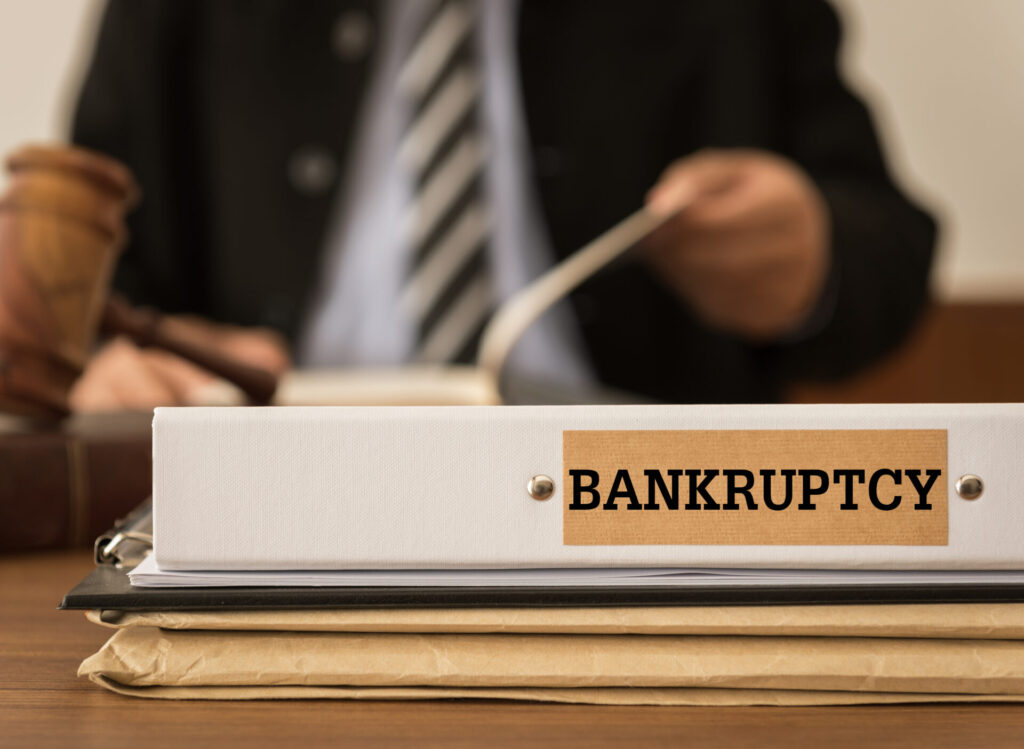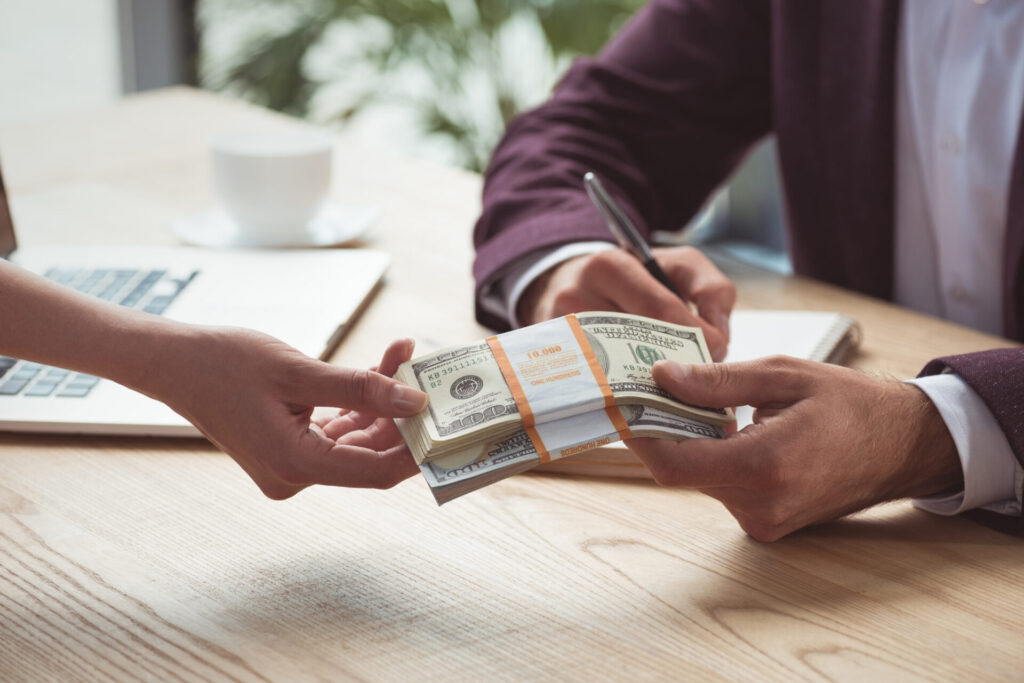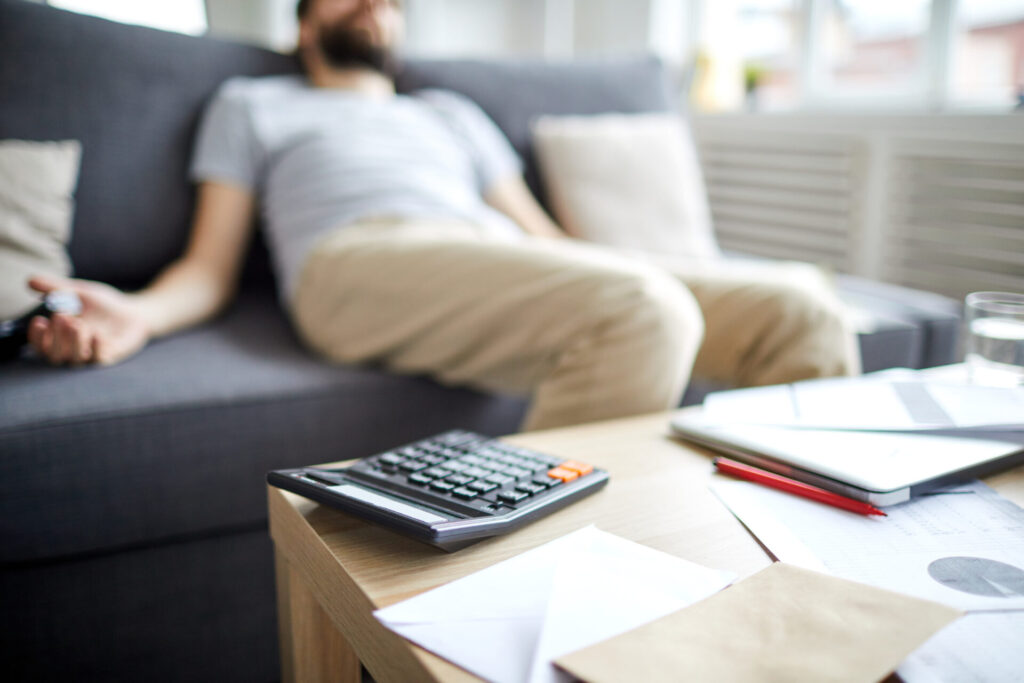Does Filing a Bankruptcy Stop a Repossession?
Being in a situation where you can’t pay your bills can be stressful. Whether you lost a job—or otherwise experienced an adverse change in income—are dealing with sudden expenses such as medical bills, or made financial mistakes that led to an untenable situation, you have options for debt relief. That’s true even if you’re facing foreclosure or repossession.
One of the options you might consider is filing for bankruptcy. Bankruptcy comes with a benefit known as the automatic stay that can help provide immediate relief in debt collection situations.
How Does the Automatic Stay Work With Repossessions?
The automatic stay is a provision of bankruptcy law that requires all creditors named in a bankruptcy petition to cease collection efforts as soon as a bankruptcy petition is filed. This moratorium on collection activity is meant to provide someone with an opportunity to seek relief in the bankruptcy court, whether that’s through a Chapter 7 bankruptcy or a Chapter 13 repayment plan.
The automatic stay applies to all collection activities, including:
- Sending communications about a debt via mail or email to try to collect it
- Calling or texting a person in an attempt to collect the debt
- Foreclosing on property associated with the debt
- Repossessing property associated with the debt
If a lender repossesses or attempts to repossess a vehicle after receiving notice that the debt has been included in a bankruptcy petition, it is considered an unfair repossession act.
In some cases, the repossession process may be in the works as you’re filing a petition, and the lender may attempt to take the vehicle because they don’t know that the vehicle is protected by the automatic stay. Having paperwork showing the date of the filing may allow you to keep the repossession from occurring.
What Happens if the Lender Already Repossessed Your Car?
If the lender repossesses your car between the time you file a bankruptcy petition and the time they receive notice, they typically must return the car to you. However, if you filed for bankruptcy just after a repossession occurred, the case can be more complex.
The lender is not allowed to sell the vehicle and offset losses on its books if the automatic stay is at play. You may be able to get your vehicle back, but you should talk to a bankruptcy attorney about your options.
If the lender already sold your car or truck before you filed your bankruptcy petition, the automatic stay doesn’t help you. This is important to know, because sales of repossessed cars can happen pretty quickly.
Your lender does have to notify you of what it intends to do with the car, including selling it at auction. Typically, the minimum allowed reasonable notice is 10 days, which means your car could technically be sold as early as 10 days after it is repossessed.
Can You Keep Your Car When You File for Bankruptcy?
Whether or not you can keep your vehicle during a bankruptcy proceeding depends on your financial situation and the type of bankruptcy you file.
Bankruptcy law isn’t designed to create undue hardship on the debtor, so there are allowances for keeping vehicles individuals and families need to get to work or school and otherwise live their lives. You may be able to keep your car if you owe money on it, and your bankruptcy could even help you work out more viable payment plans for the debt. You may also be able to keep your vehicle if you don’t owe money on it and you need it for work or other obligations.
However, if you have a recreational vehicle or a luxury vehicle worth a lot of money, you may not be able to keep them during your bankruptcy. If the trustee believes that they can sell the vehicle to help offset some of your debts—especially if you have other options for personal transportation—they may require this as part of your bankruptcy.
Talking to a bankruptcy attorney before you file for bankruptcy can help you understand what property you can keep and how.
Should You Consider Bankruptcy?
Bankruptcy is not the only type of relief available to help with a vehicle debt. If you are otherwise handling your debts well and just need help temporarily with a car payment, call your lender as soon as you know this to be true. They may have programs that can help, including options for skipping a payment or forbearance programs that let you skip multiple payments. Typically, these payments are added to the end of your loan, so you pay a bit longer than planned.
You could also sell the vehicle yourself to pay off the loan—and perhaps end up with some cash in your pocket—or refinance the loan for better terms.
If you’re struggling overall with debt, including issues other than a single car payment, bankruptcy might be a good option to consider. It can help you restructure debts or wipe the debt slate clean so you can start rebuilding financially. While there are serious considerations, such as a big impact on your credit, the bankruptcy process can provide freedom and a new outlook for many people and families.
Find out more about debt relief options to help with your vehicle debt and other financial obligations. Call the Holland Law Office at 970-232-3097 to talk to our team.







